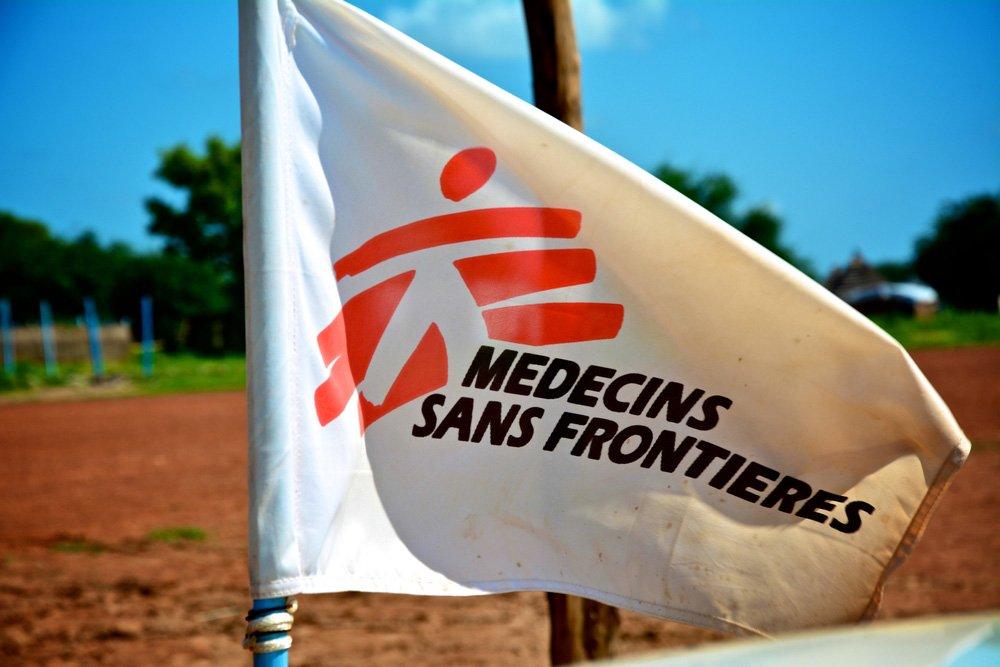Cape Town - Doctors Without Borders (MSF) has noted the City of Cape Town’s decision to stop further intake of vulnerable people at the COVID-19 Shelter For Street-based People at Strandfontein, and supports the decision to decongest and close the site in a phased manner.
MSF also wishes to recognize that the public health emergency created by COVID-19 has placed government authorities and societies at large all across the world in front of extremely complicated and difficult decisions with regards to how to best contain the spread of the virus.
MSF would like to reiterate, as it has come to our attention that the record needed to be set straight:
On 11 April the South African Human Rights Commission requested MSF to be one of several organisations to conduct an independent assessment of the Department of Social Development-managed Strandfontein Shelter, which had been the subject of a series of media and civil society reports detailing inadequate and inappropriate conditions.
MSF sent Dr Gilles Van Cutsem, a humanitarian doctor, epidemiologist and researcher. Van Cutsem found that the shelter conditions did not allow for social distancing, did not meet established COVID-19 guidelines and hence placed residents at increased risk of COVID-19, TB and other infectious diseases.
During that visit, although some medical services were being provided on site, he noted that he and other independent assessors had been refused access to the shelter’s medical site. Van Cutsem’s full independent assessment from 11 April can be read here. MSF rejects outright the claim that this assessment contains any misinformation whatsoever.
Prior to this, the City of Cape Town had contacted MSF to offer medical services in the Strandfontein site one day before it started operating. MSF declined this request because its resources were already fully engaged in the provision of health care services, including COVID-19 response activities, in five other project locations around the country and based upon a belief that MSF did not at that moment have the medical resources needed to immediately address the various needs of the residents at the site.
Separately, MSF had assessed 12 shelters elsewhere in South Africa, and finding that all shelters faced common challenges to a greater or lesser degree, including overcrowding, inadequate infection prevention and control measures and the impossibility of physical distancing indoors. Based on these facts MSF took a decision to speak out about the problems in shelters for the homeless.
On 15 April, MSF published a press release that called for the phased closure of the Strandfontein shelter and for all municipal authorities to invest more resources in their shelters, to ensure these facilities actually meet COVID-19 prevention criteria as regulated.
On 16 April, the City of Cape Town’s mayoral committee member for Community Services and Health, Dr Zahid Badroodien, invited MSF back to inspect some improvements at the Strandfontein shelter. MSF witnessed some positive changes – sleeping areas had been demarcated, and certain gaps in healthcare provision were being addressed with other improvements mentioned as about to start– yet the camp remained overcrowded with up to 600 individuals living in one demarcated area.
While appreciating Badroodien’s transparency and genuine concern, the high number of occupants, impossibility of physical distancing at the site and several other outstanding issues left MSF convinced that residents of the Strandfontein shelter still faced an increased risk of COVID-19, and that a process of phased decongestion should be urgently initiated.
Since 1999 and still today, MSF work’s in partnership with municipalities, including City of Cape Town, as well as the national and provincial departments of health to support populations in need
